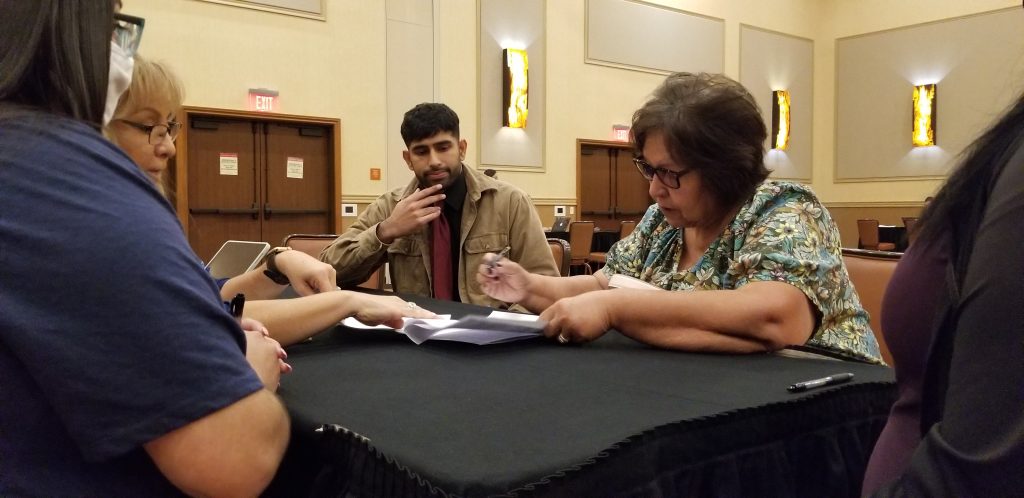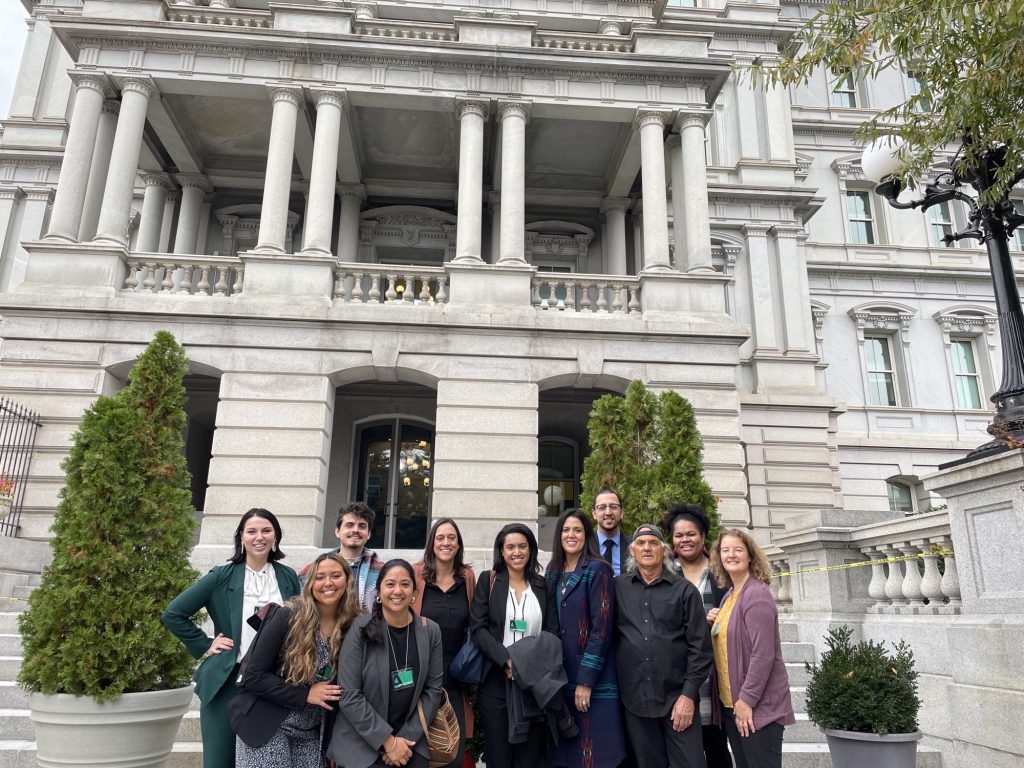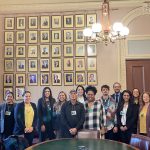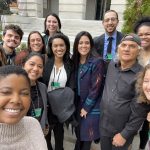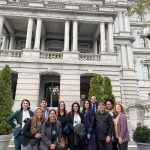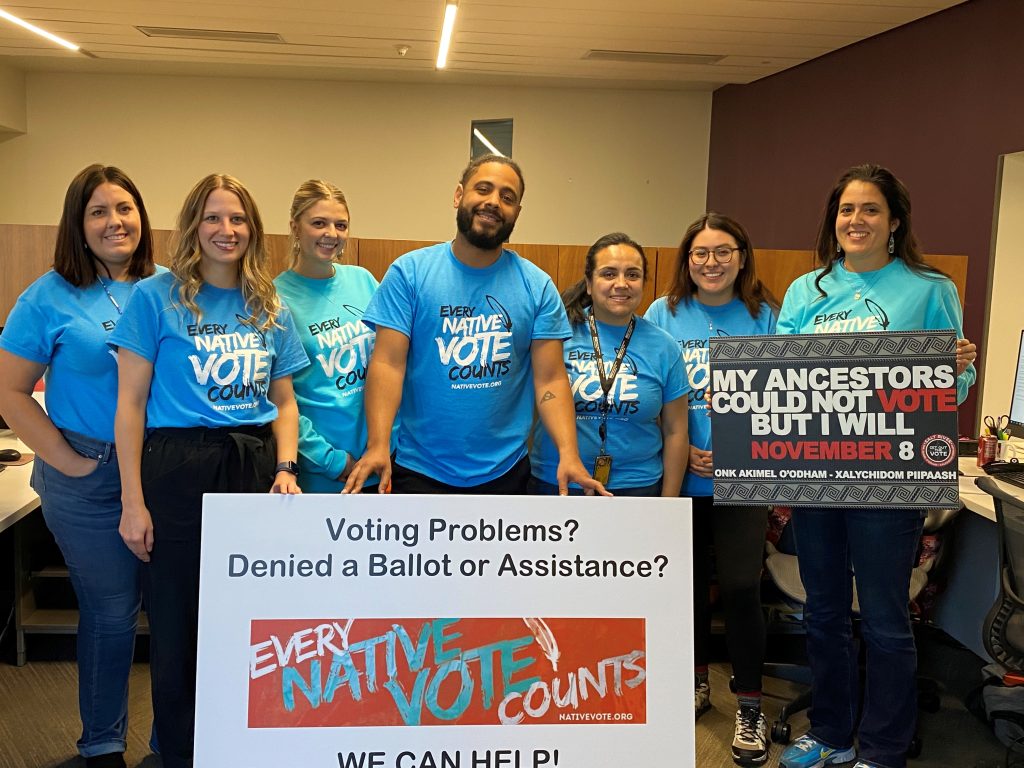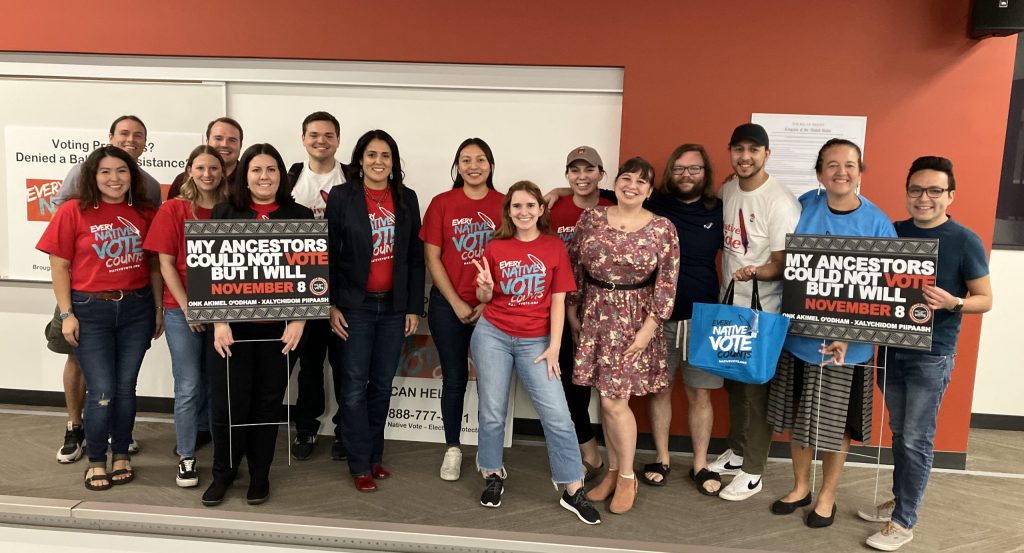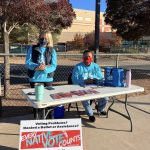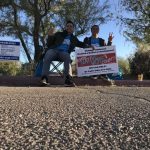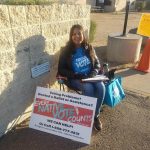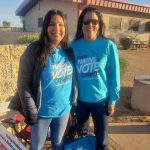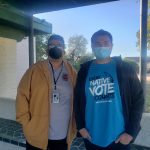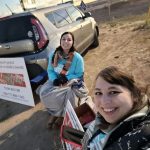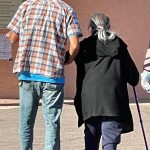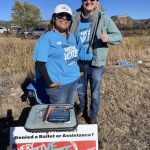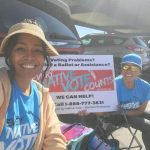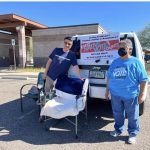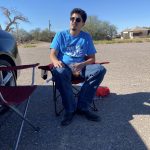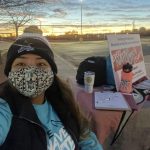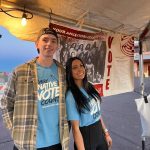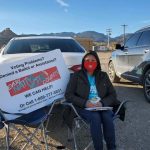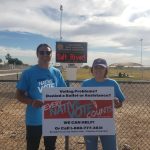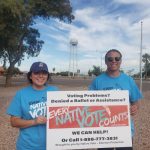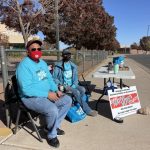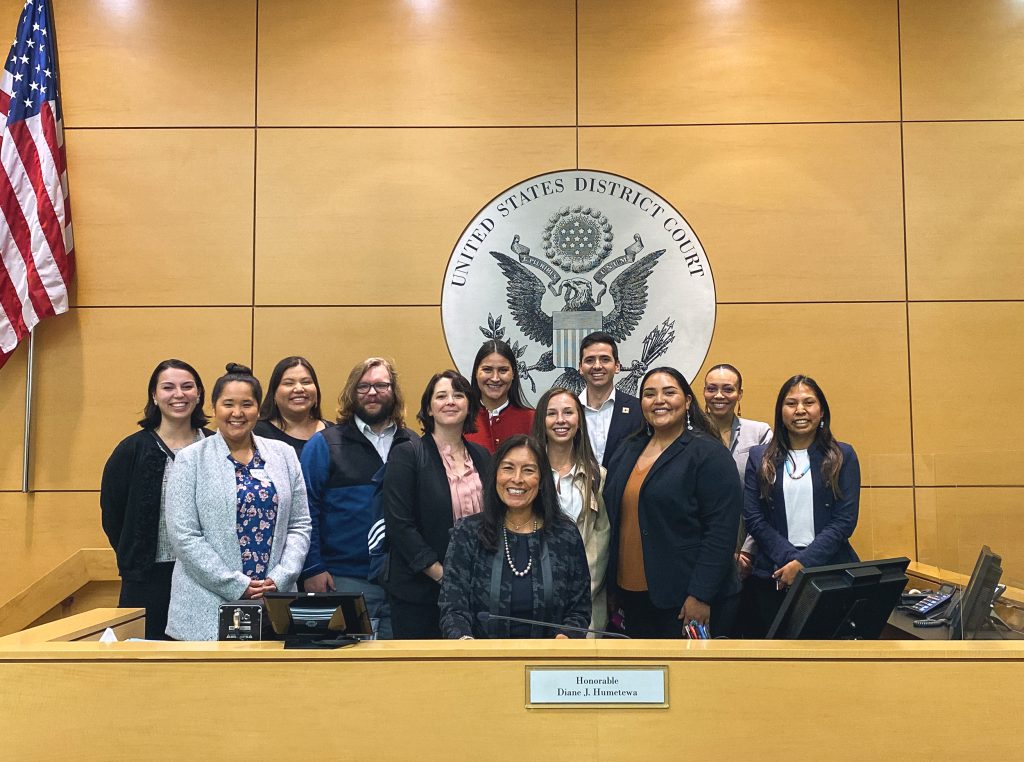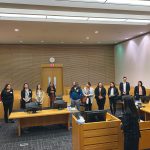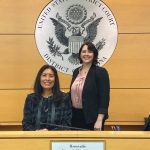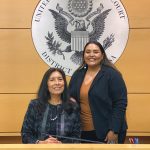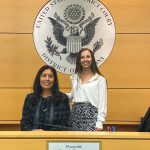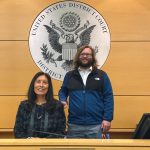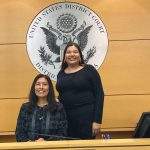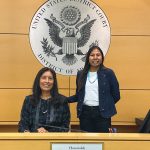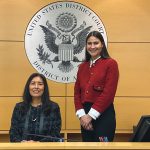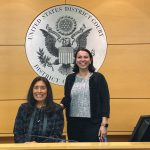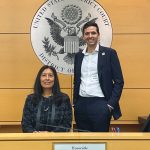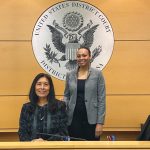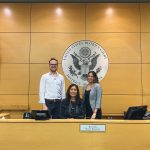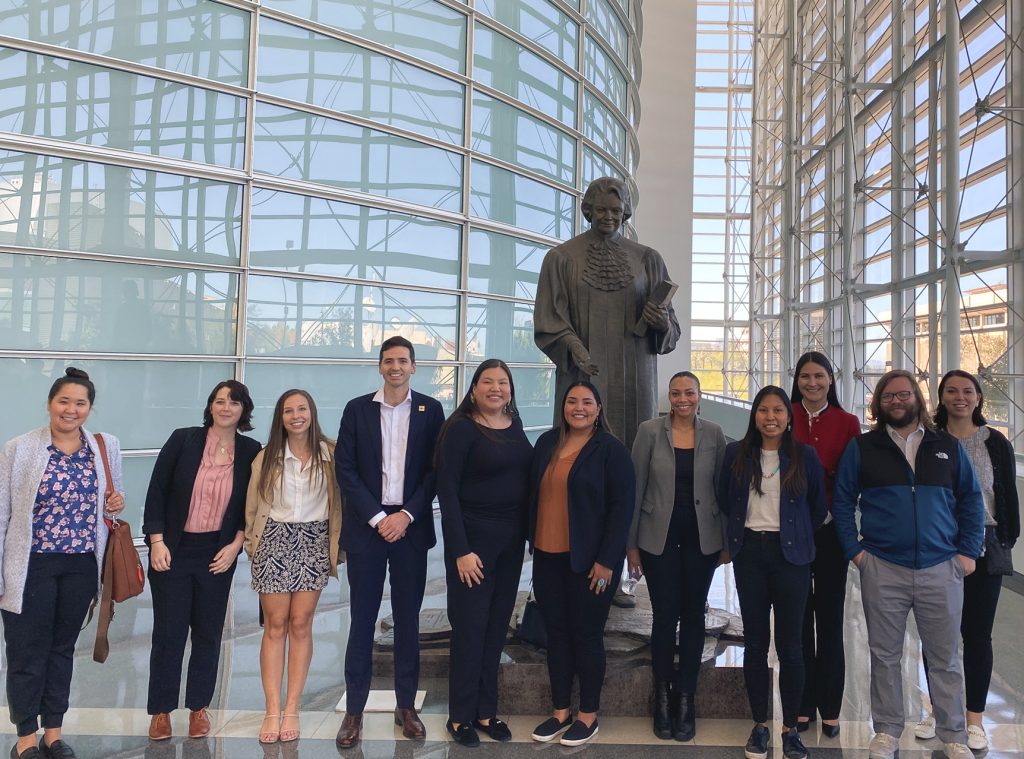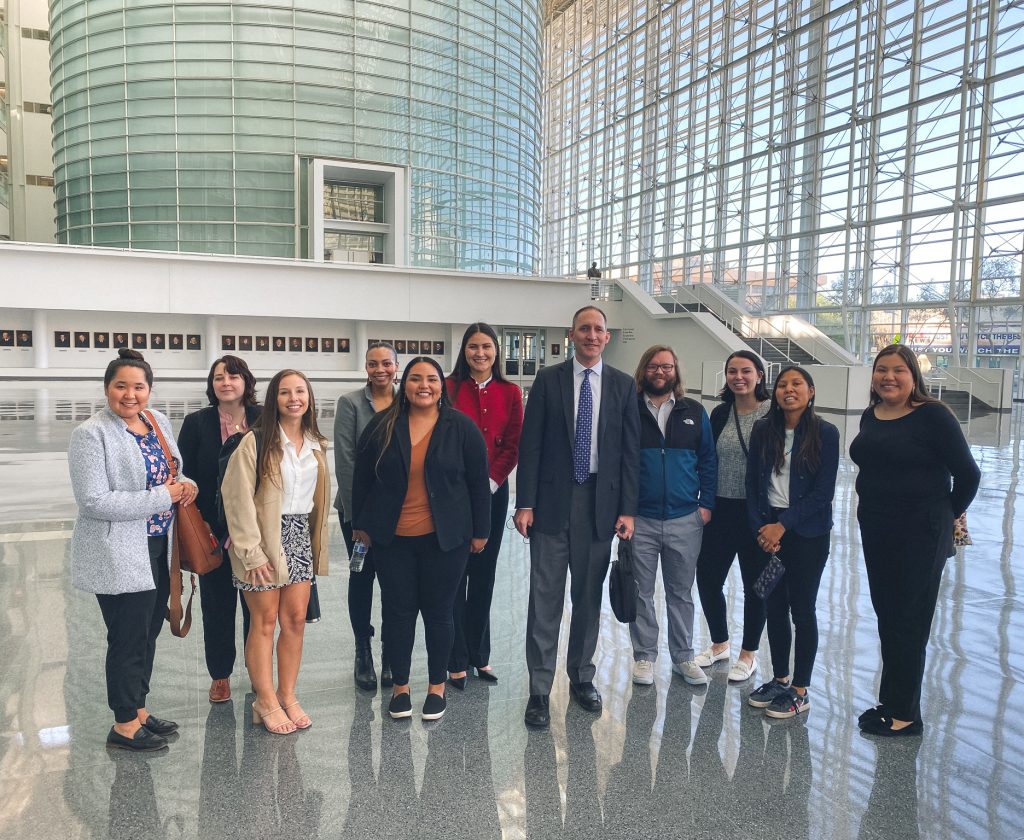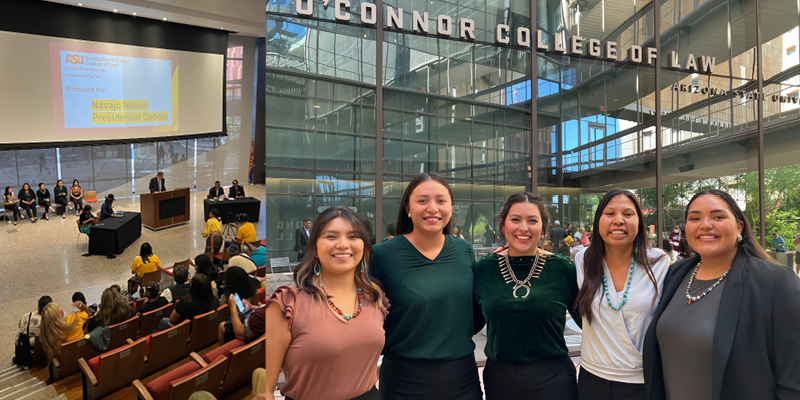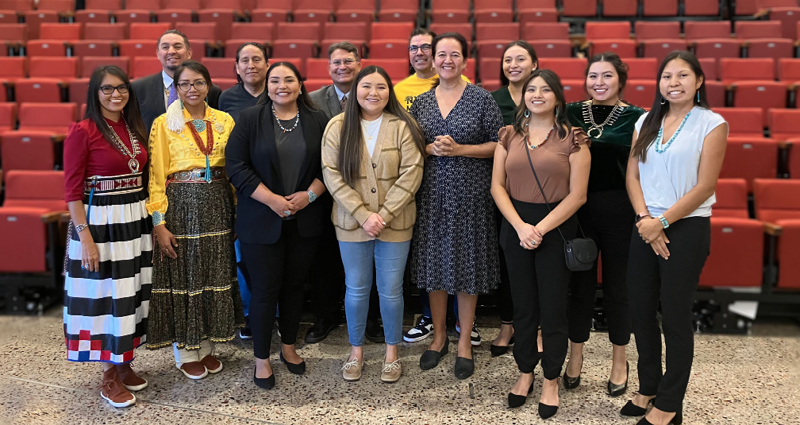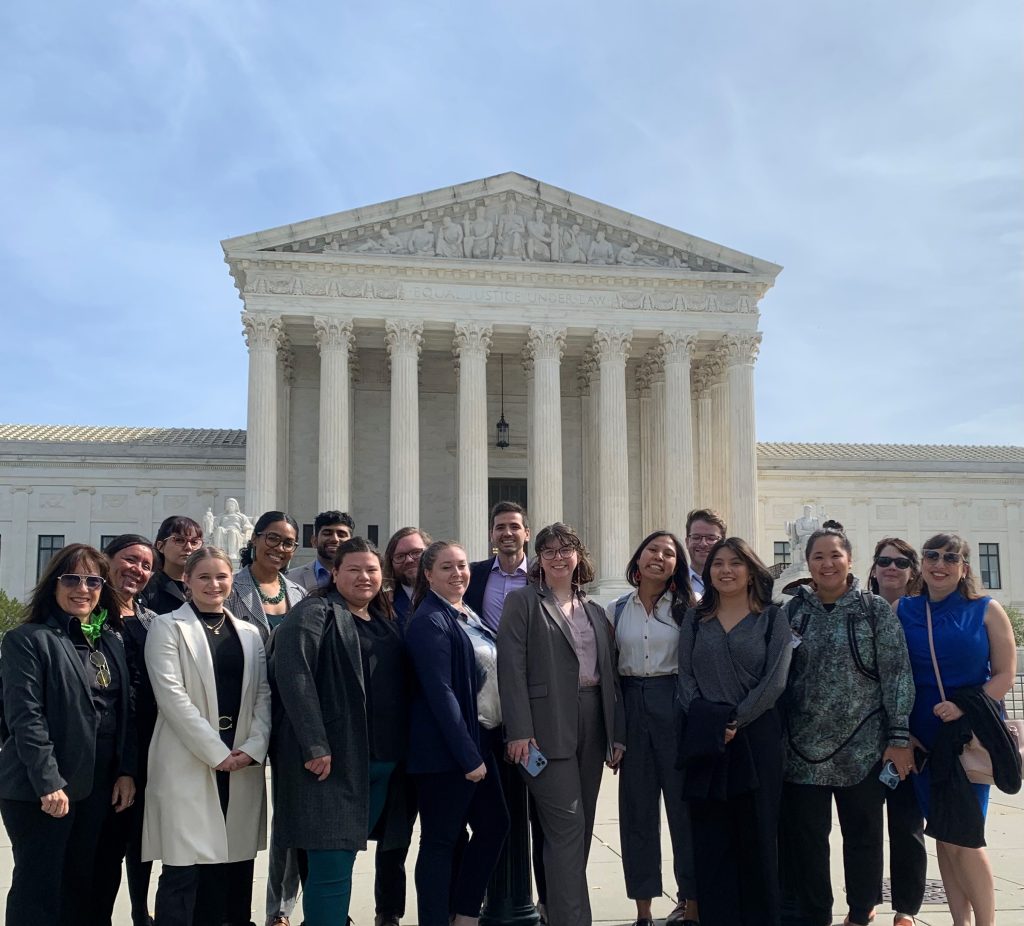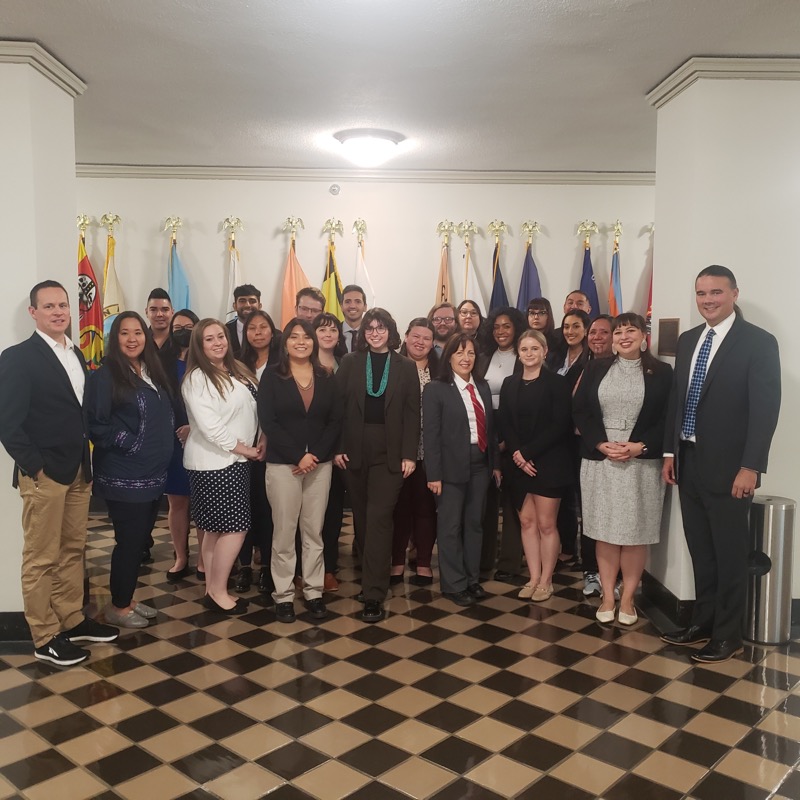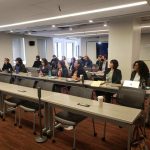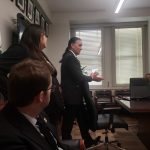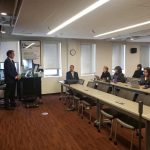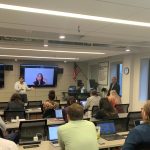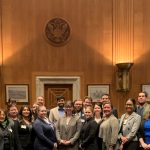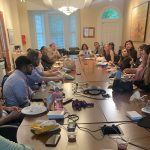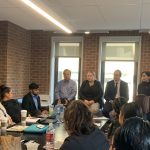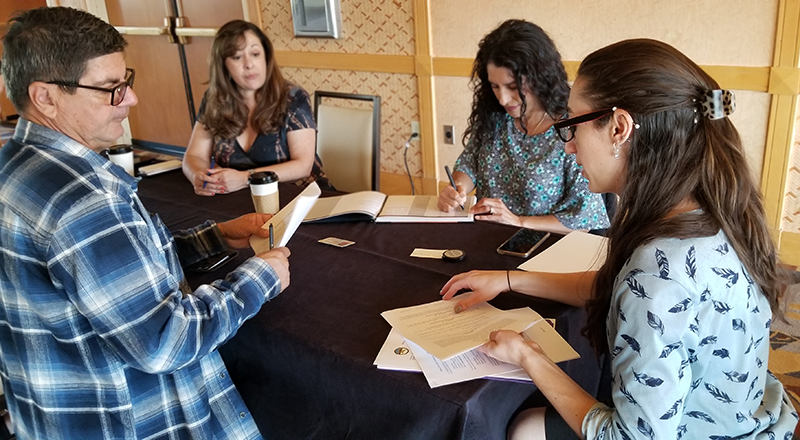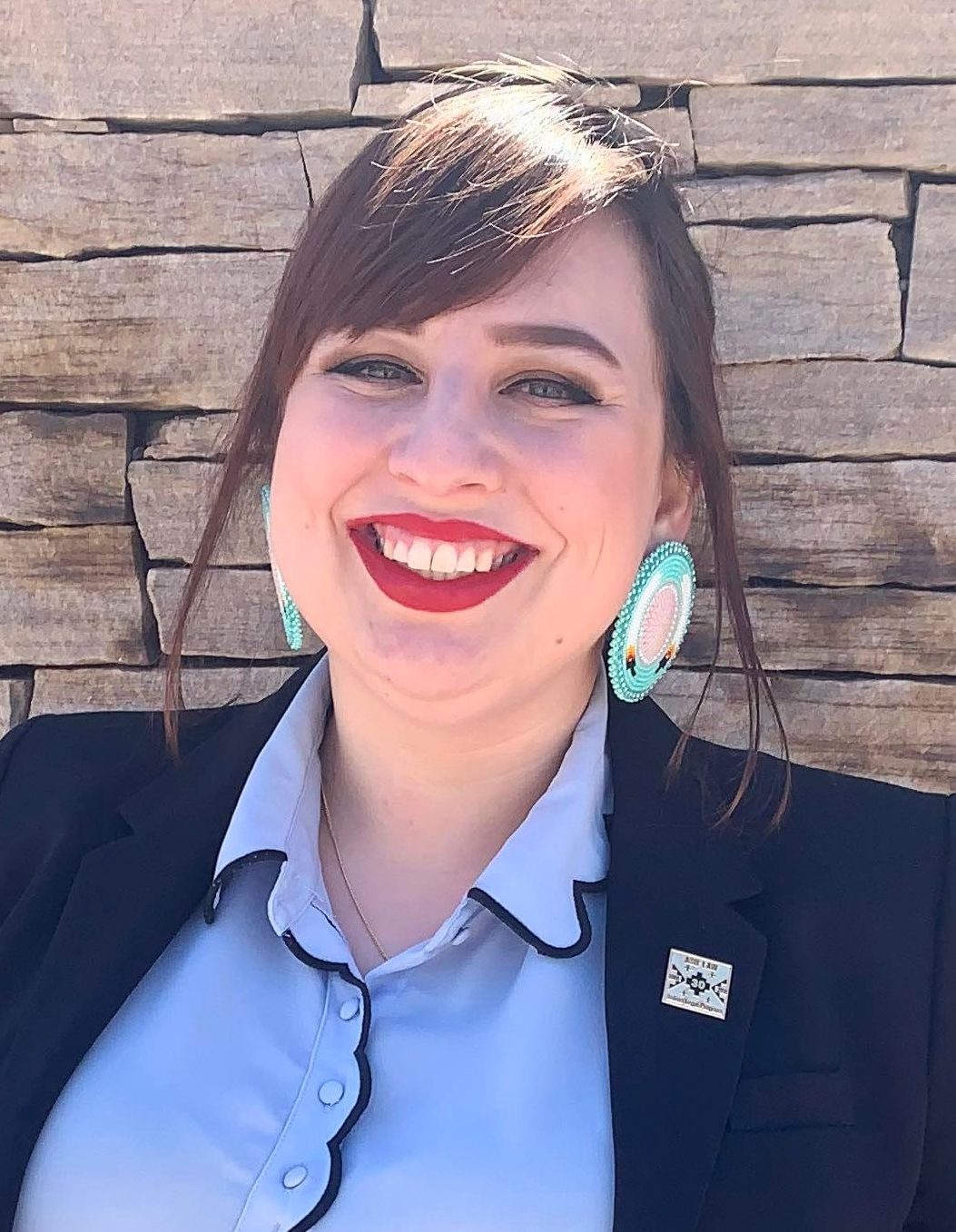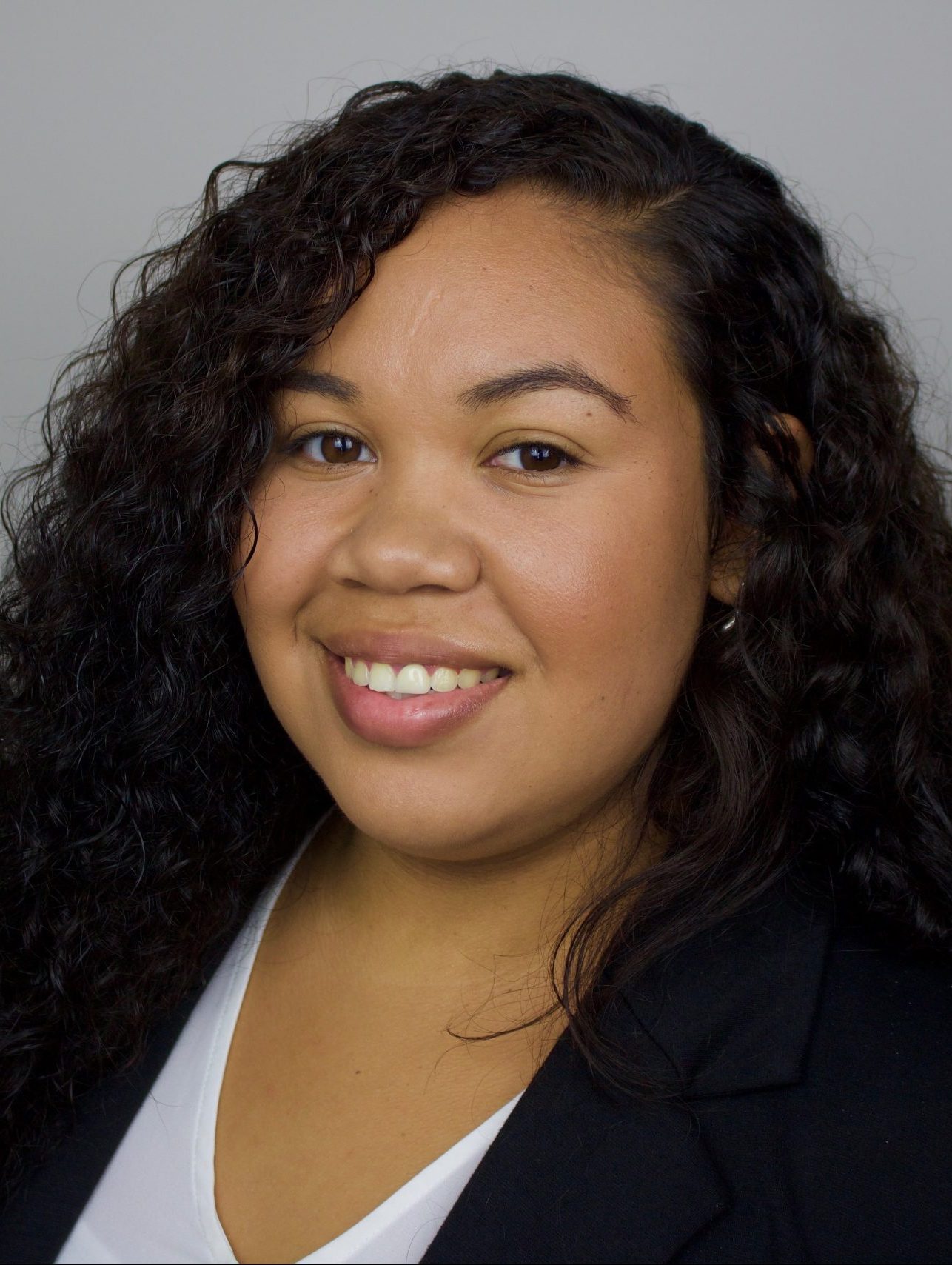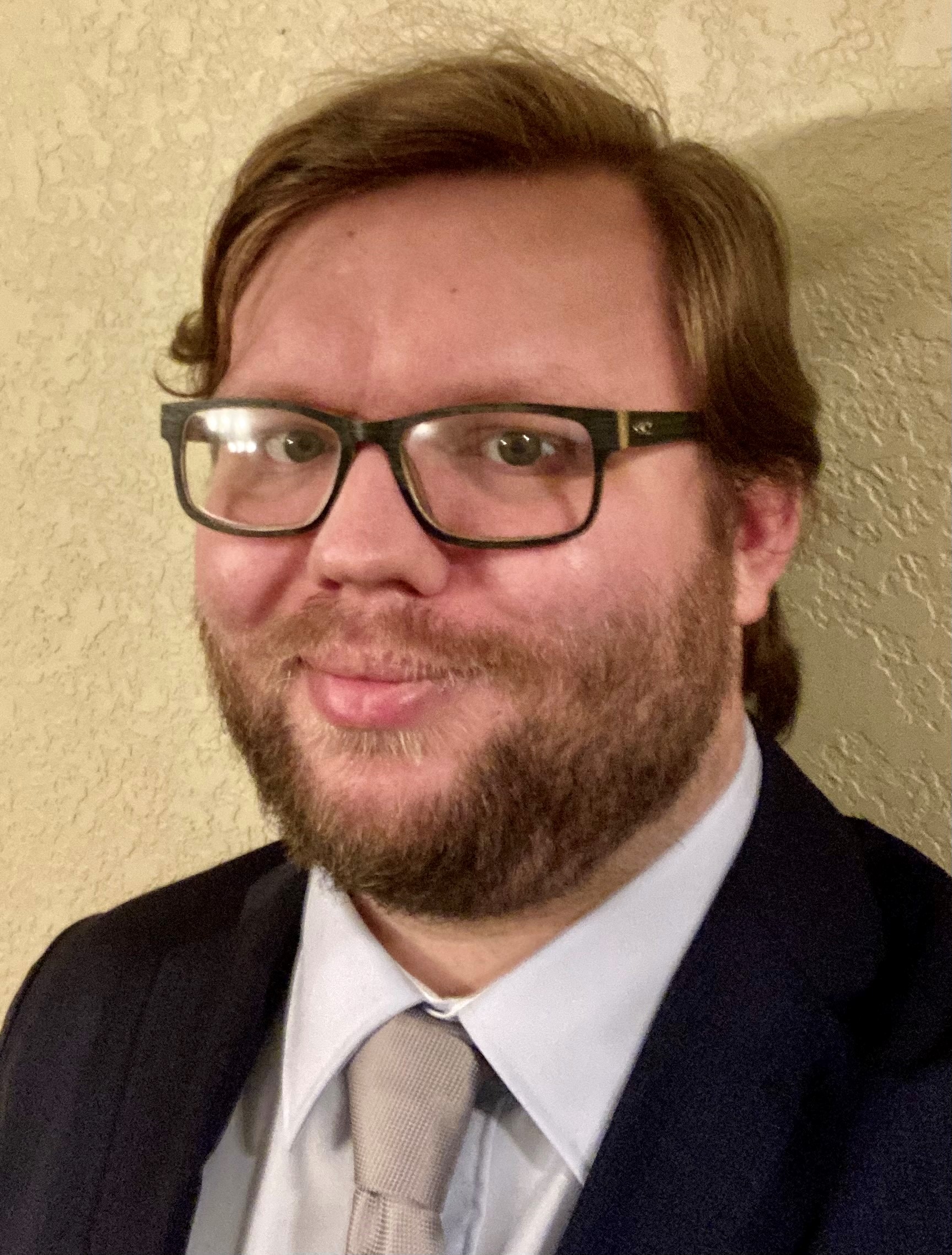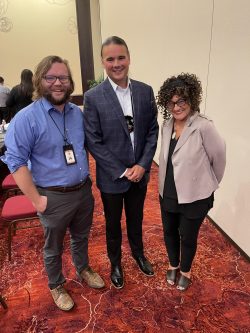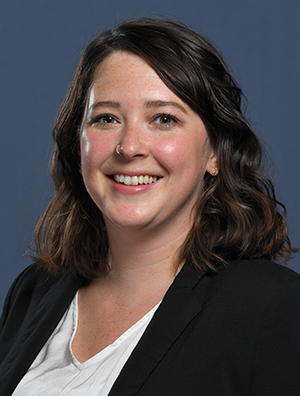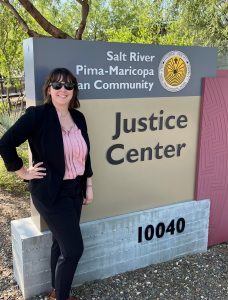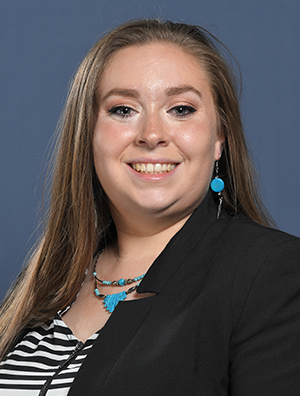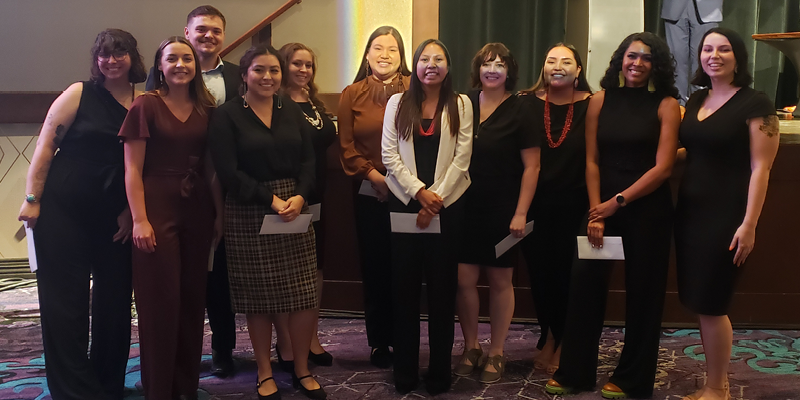Deadline: February 28, 2023
The Indian Law Section is soliciting proposals for articles to be included in the 2023 special Indian Law edition of the Arizona Attorney magazine. The proposal should focus on an issue of interest to those who practice Indian Law.
Either a short or a long article may be proposed. Generally, a long article will be between 2,000 and 2,500 words (in a Microsoft Word document, about 9 to 12 pages including endnotes) and will be about 3 to 4 pages in the magazine. A short article will be approximately 1,500 words and typically will be 2 pages in the magazine.
The proposal should provide the following information: author’s name and contact information (e-mail address, phone number, and name of employer/firm); the subject matter of the article (e.g., ICWA, NAGPRA, Water Rights, Land Use, Tribal Sovereignty, etc.); the anticipated title; and a concise summary of the thesis of the article.
Proposal authors will be notified on whether their proposed article has been accepted by March 10, 2023. The draft of the article for a selected proposal will be due on April 7, 2023. Final drafts of selected articles are due by May 5, 2023.
Past articles from the 2022 Indian Law edition were:
McGirt v. Oklahoma: The Most Impactful Indian Law Case in a Century?
By Professor Robert J. Miller
ICWA- The Gold Standard: Golden Nuggets of Evidence from Arizona
By Tara Hubbard & Fred Urbina
Indigenous Erasure in Public Schools: Critical Race Theory, Discriminatory Policies, and Remedies for Students
By Mia Montoya Hammersley, Adriana M. Orman & Wouter Zwart
“Authentic” From Time Immemorial: Reforming Rule of Evidence 902 To Reflect Tribal Sovereignty
By Henry Oostrom-Shah
The Cabazon Decision, 35 Years On
By Glenn M. Feldman
Tribal Labor and Employment Law: The Evolution of the Navajo Preference in Employment Act
By Paul Spruhan
Indian Law From Behind the Bench
By Alexander Mallory (’19)
Oral History on Trial
By Robert Alan Hershey
If you would like to submit a proposal or if you have questions, please contact
Glennas’ba Augborne Arents (’16), Secretary, Indian Law Section
gaugborne@rothsteinlaw.com
OR
Hon. June Harris, Member-at-Large, Indian Law Section
JHarris@sc.pima.gov

